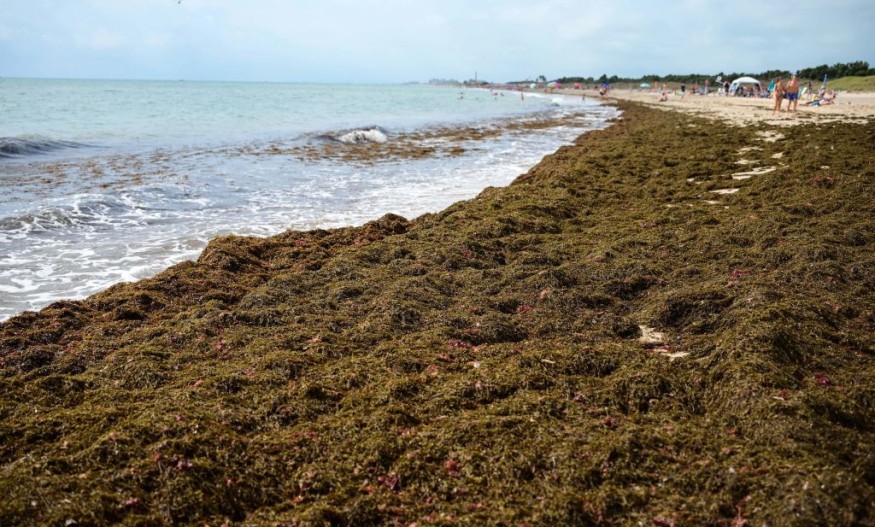
A recent study suggests that algae in the Southern Ocean can survive with a minimal presence of vitamin B12, which has implications for climate change.
Vitamin B12's Role
The coastal Southern Ocean is a climate-critical region for atmospheric carbon absorption due to its extremely productive seasonal algae blooms.
Antarctic phytoplankton growth is determined by micronutrient availability, with iron and B12 having the greatest influence on microbial ecosystem structure and function.
The study, conducted by MIT, WHOI, J.C. Venter Institute, and Scripps Institution of Oceanography (UCSD), discovered that, unlike other keystone polar phytoplankton, the algae Phaeocystis antarctica's (P. antarctica) can survive with or without vitamin B12.
Researchers reached their conclusion after researching P. antarctica's proteins in a lab culture and hunting for essential proteins in field samples.
During these observations, they discovered that the algae included a B12-independent methionine synthase fusion protein (MetE). Although the MetE gene is not new, it was previously thought that P. antarctica did not have it.
MetE offers algae the ability to adapt to low vitamin B12 levels.
Makoto Saito, one of the study's co-authors and senior scientist at the Woods Hole Oceanographic Institution (WHOI) said that Vitamin B12 is extremely crucial to the algae's metabolism because it permits them to produce a critical amino acid more efficiently.
He further explained that when the presence of vitamin B12 is not enough, life finds ways to slow down the production of amino acids, leading them to grow more slowly.
In this situation, there are two types of enzymes that produce the amino acid methionine: one that requires B12 and one that is considerably slower but does not require B12. This suggests P. antarctica can adapt and survive with reduced B12 availability.
With this adaptability, they can produce critical amino acids even when they don't get enough of the vitamin from the environment. This implies that categorizing algae as B12-requiring or not may be overly simplistic.
Climate Change Impact
P. antarctica, which dwells at the bottom of the food chain, is assumed to be completely regulated by iron feeding.
The finding of the MetE gene also suggests that vitamin B12 may play a role. Because of its presence in P. antarctica, the algae's flexibility gives it a possible advantage in blooming during the early austral spring, when B12-producing bacteria are limited.
This discovery has consequences for climate change.
The Southern Ocean, where P. antarctica is found, plays a significant role in the Earth's carbon cycle. P. antarctica takes in the CO2 and releases oxygen through photosynthesis.
As our global climate warms, melting glaciers release an increasing amount of iron into the coastal Southern Ocean.
"Predicting what the next limiting thing [is] after iron is important, and B12 appears to be one of them. Climate modelers want to know how much algae is growing in the ocean in order to get predictions right and they've parameterized iron, but haven't included B12 in those models yet," said Saito.
The discovery that P. antarctica can adapt to low vitamin B12 availability applies to many other species of algae that were previously thought to be stringent B12 consumers.
The findings from this study will pave the way for future research related to the carbon cycle and how different types of algae survive in the Southern Ocean's cold and harsh environment.
Related Article : Evolution of Brown Algae Has a Big Help to Biofuels
© 2026 NatureWorldNews.com All rights reserved. Do not reproduce without permission.





